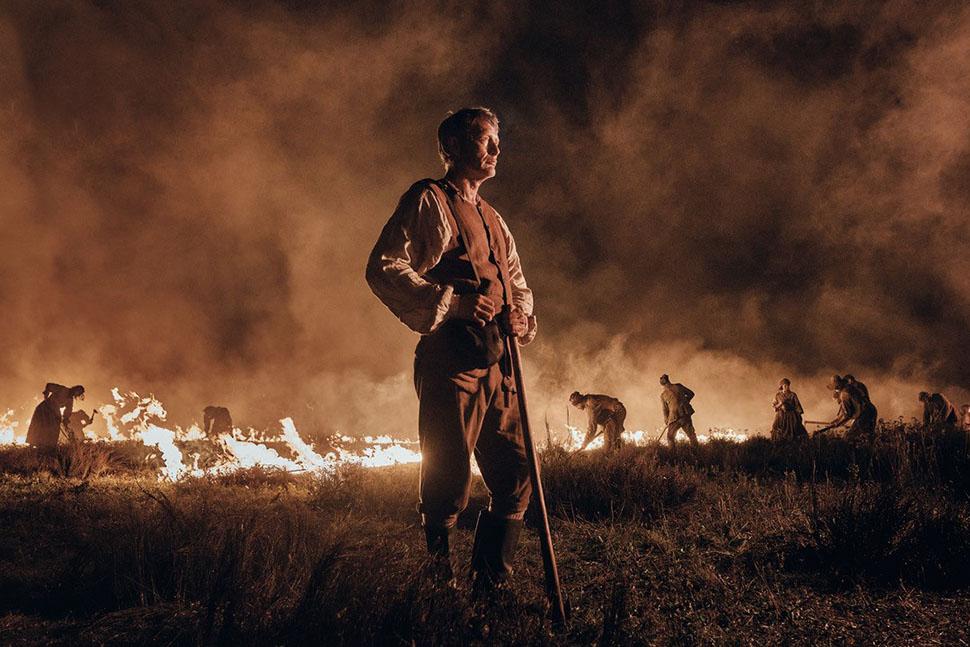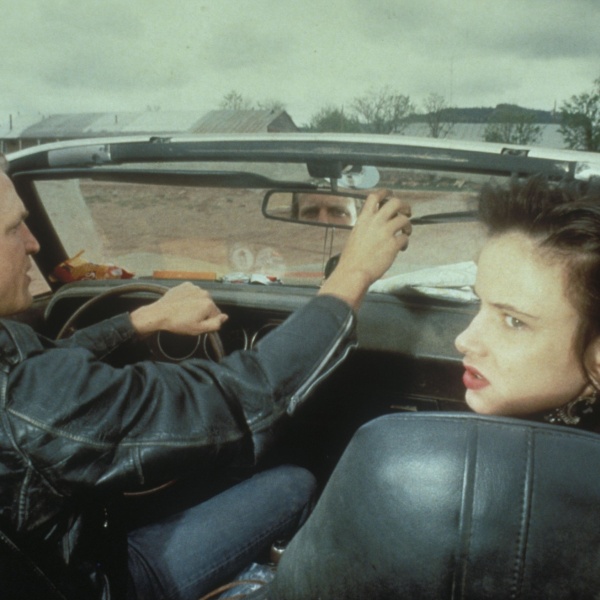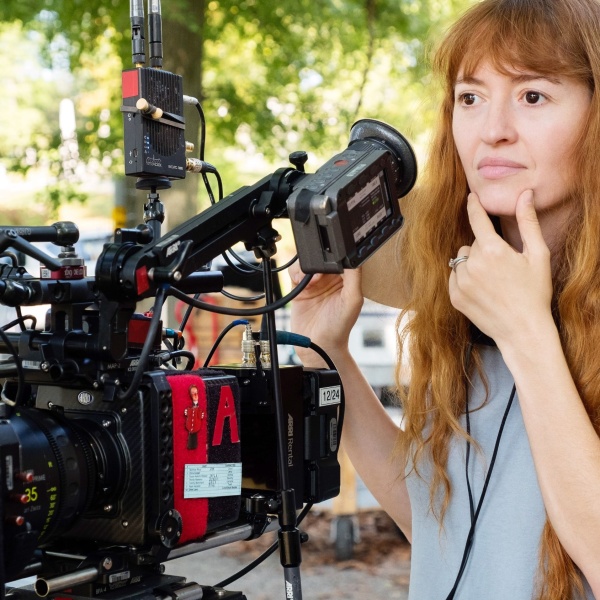Editor’s note: This review was originally published at the 2023 Venice Film Festival. Magnolia Pictures releases the film in theaters on Friday, February 2.
“The Promised Land,” Nikolaj Arcel’s historical epic set in 18th century Denmark, opens with an ominous epigraph: “The heath cannot be tamed.” For a minute, the proverb reads like a foregone conclusion. Then Mads Mikkelsen shows up onscreen, and we are reassured that the words are merely a challenge, daring the great Dane to prove them wrong.
And prove them wrong he does — to a degree. Mikkelsen plays Ludvig Kahlen, a bootstrapping military veteran who, at the start of the film, fixes his sights on a tricky target: the heath of Jutland, a barren and unforgiving terrain known to be inhospitable to farming. All who have seen the area consider it a wasteland. But to Kahlen, the site might as well be El Dorado; he believes that cultivating the land will be his key to acquiring riches and a royal title from King Frederik V.
The film — a marathon of unrelenting bleakness — marks a reunion between Arcel and Mikkelsen after the 2012 romance “A Royal Affair,” and though there is little bodice-ripping here, “The Promised Land” shares with that predecessor a reverence for tenacity, a touch of grandiosity, and a tendency to portray those against our hero as caricatures of monocratic evil. In other words, “The Promised Land” hews closely to period conventions and at times plays like a parable. Its style is dignified and stolid, but the film is also overlong and rather repetitive, conveying its ideas effectively through story beats but then stating them twice more in case viewers missed them the first time.
The movie opens on Kahlen, a destitute former general, submitting a formal request to the king to cultivate land in the heath. Doubting he has the juice but eager for an opportunity to impress the king, the royal treasury grudgingly grants Kahlen permission to colonize the area — with the caveat that he won’t be accorded funding or support.
It’s a lucky break for Kahlen, and perhaps the last one that he will be dealt over the course of this grim drama. Over the next two hours, the enterpriser and his small band of allies face an obstacle course of climate issues, illness, money troubles, and that most noxious threat of all: aristocratic society, particularly the bratty, tyrannical nobleman Frederik de Schinkel (Simon Bennebjerg) who happens to reside nearby.
Schinkel is a simple villain. For one thing, he is awful to his servants — we learn early on that he makes a habit of abusing them — but he is also endlessly entitled, and his worldview clashes so squarely with Kahlen’s that it feels a bit easy, a bit contrived. Having inherited his wealth and status, Schinkel believes in seizing power through force, while Kahlen, who worked his way up from nothing, maintains an almost compulsive fidelity to rule-following and playing life by the book. (In one on-the-nose exchange, Schinkel and Kahlen actually debate whether order trumps chaos or vice versa.)
Mikkelsen, a natural, complex performer, helps to complicate this schematic of morality. Using his dancer’s posture and steely gaze, he imbues Kahlen with an alluring mix of ruggedness and grace. Even in the character’s coarsest moments, Mikkelsen is able to show that underneath Kahlen’s hard outer shell lies a tender soul desperate to find his place in an unruly world.
A couple characters of the so-called gentler sex are instrumental in cracking that macho armor, particularly Kahlen’s housekeeper Ann Barbara (Amanda Collin), whose initial leeriness of her boss thaws over time into a mutual affinity. The didactic strain in this movie brushes against but thankfully does not smother her character, who, despite suffering a series of cliches, nonetheless emerges as a three-dimensional woman soldiering on until the bitter end.
Throughout, Arcel complements the drama with grand tableaus, juxtaposing the aridness of the moors with the luxury of Schinkel’s manor. Moments of comic levity fleck the gloom, as when Schinkel insists that those around him insert a “de” before “Schinkel” to make his name sound more important. But often, this sweeping, stagy movie sags and drags, never quite able to shake the weight of its own loftiness.
Grade: C+
“The Promised Land” premiered at the 2023 Venice Film Festival. Magnolia Pictures will release it at a later date.








